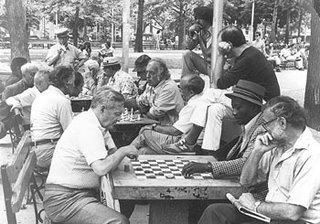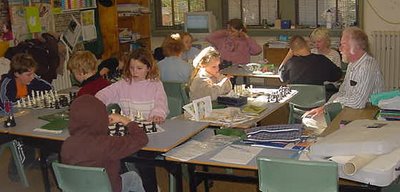
Hi chess aficionados,
I wandered into an interesting site which talks about the arousal the competing in the game can give to the brain - cognitive arousal is the buzz word to give you some afflatus:
'Is Sudoku seductive? Is chess sexy? Is crafting code a turn-on? To our brains, absolutely. But while most of us don't use the word "seductive" in non-sexual contexts, good game designers do. They know what turns your brain on, and they're not afraid to use it. They're experts at the art of "cognitive arousal", and if we're trying to design better experiences for our users, we should be too.
I'm not talking about using sex to arouse your brain. I'm talking about the kind of "experiential pleasure" that comes from solving a puzzle, overcoming a challenge, exploring new territory, becoming swept up in a narrative, interacting with others in a social framework, and discovering something new about yourself. I'm talking about things that engage the brain in a way that Gregory Bateson describes in The Ecology of Mind, discussing games:
"... they are important emotions that we feel and go through and enjoy and find in some mysterious ways to enlarge our spirit."'
Want more then try
http://headrush.typepad.com/creating_passionate_users

